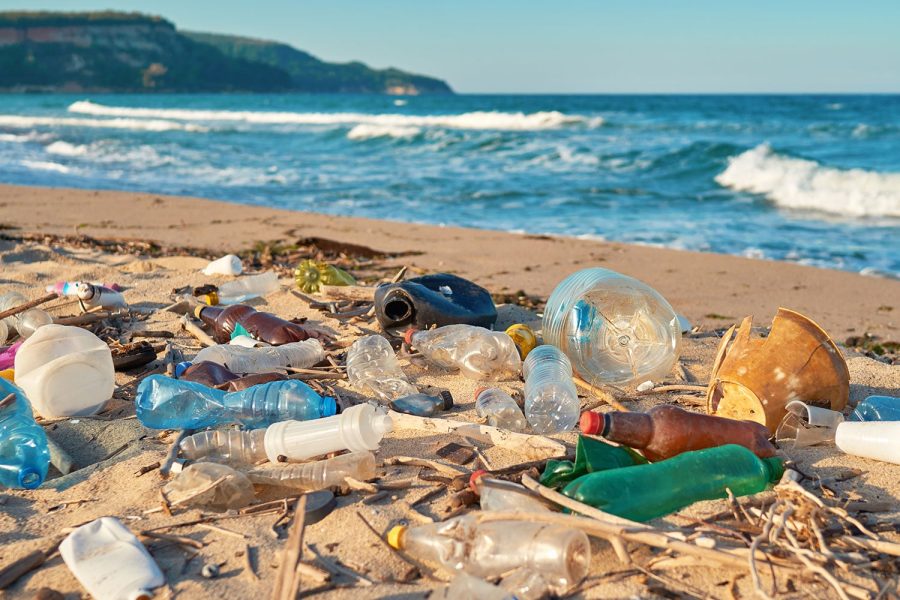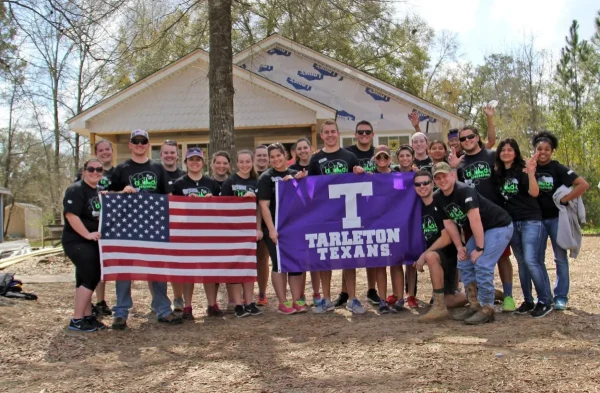Clean Beaches Week
Why we need to clean our beaches
It is the middle of summer and you have been counting down the days to your annual beach vacation with your family. You all finally get to the coast, can smell the salty air, and cannot get to the sand fast enough. You are running up the hill and can’t believe what you are seeing, the once beautiful ocean now has hundreds of pounds of trash residing on it. Just like that, your family’s vacation is ruined due to human filth.
July 1 through the 7th is National Clean Beach week. Too often beaches are being trashed and stripped of their once beautiful scenes of beach waves. According to National Geographic, there are 5.25 trillion pieces of trash in the ocean, and approximately 269,000 tons sit on the surface of the ocean. The trash out in the ocean eventually ends up on the beaches for anyone who will pick it up. That is why in 2003, National Clean Beach week was instituted to raise awareness for beaches and the wildlife whose ecosystem gets interrupted by all the trash we humans fill the ocean with.
There are over 800 species of diverse wildlife that are affected by polluted beaches every year. Not only are land animals affected such as; birds, seals, or crabs, but marine animals like turtles and fish are also impacted. Over 100,000 animals die every year due to eating trash or getting entangled in it.
Another issue is that all of this trash can change the temperature of the beach, thus, causing the turtle’s reproductive rate to plummet. This can be seen as a giant environmental conflict due to the fact that these turtles are already an endangered species. Plastics can be easily mistaken as food or not seen at all which is why it is so dangerous. This wildlife is not accustomed to trash like humans, the animals have never had to know the difference.
Not only do we harm the animals on the beach, but we also harm ourselves. All of the bacteria and toxins from the trash can cause harmful illnesses to people at the beach. There have been many water test failures and the EPA has estimated up to 3.5 million people get sick from swimming at the beach and coming into contact with sewage. The harm comes when the water is swallowed, so usually, children are the victims of these illnesses. Some of these may include meningitis, hepatitis, neurological disorders, respiratory ailments, and many more. It is very scary how fast these diseases can set in, so it is imminent not only for yourself but for others to keep trash out of the ocean and beaches.
If you are wondering how you can help, there are so many ways we can help on land that can make an impact on the sea. Obviously, recycling is the most known way to help with the pollution problem; however, strict organic farming, clearing sewer drains, and even eating sustainably can make all the difference. On the contrary, the cheapest and simplest way to help in times like these is to respect the beach. When you go to the beach, be mindful of the trash you have and pick it up after yourself. Speak up if you see people leaving their trash and hold them accountable.
Even though Clean Beach week is not the most well-known week in history, we should make efforts every day towards making our beaches cleaner for generations to come. For more information about cleaning the beaches and the causes or effects of them being trashed, visit https://www.nrdc.org and https://www.nrdc.org/stories/beach-pollution.






